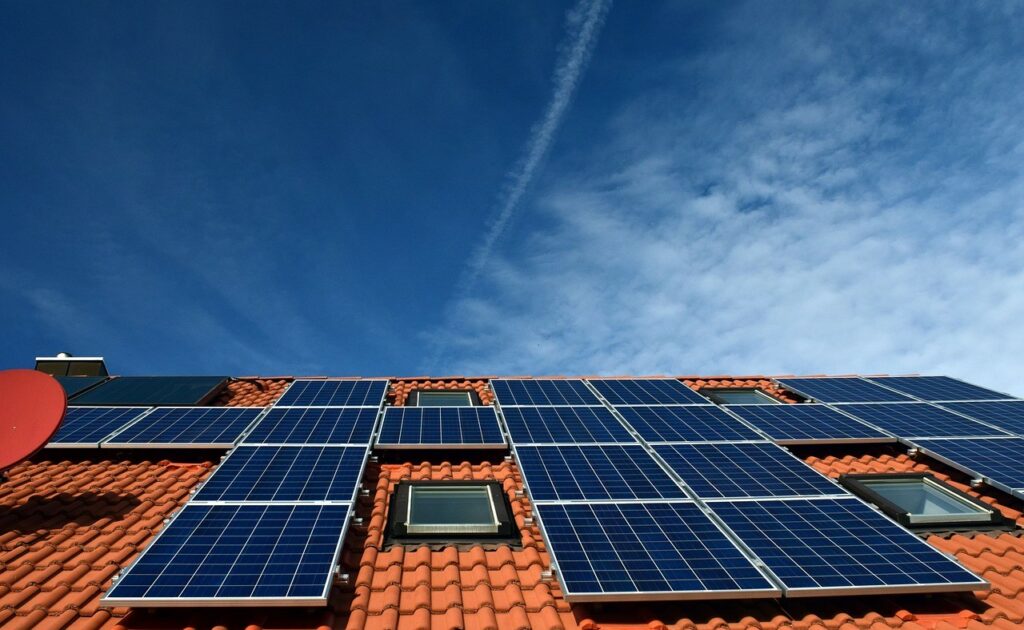Renewable energy is the future of sustainable power generation, and among its myriad forms, solar power stands out as one of the most promising and rapidly expanding sources. As the world grapples with the challenges of climate change and seeks to reduce its dependence on fossil fuels, understanding the advantages of renewable energy, particularly solar power, becomes crucial. Here’s what you should know about its advantages.
1. Environmentally friendly
Solar power is an inherently clean and environmentally friendly energy source, as a solar installer like www.atlanticrenewables.co.uk invariably attests. Unlike fossil fuels, which emit harmful greenhouse gases such as carbon dioxide when burned, solar energy production generates zero emissions. By harnessing sun’s power, solar panels generate electricity without polluting the air or water, making it a vital component in combating climate change and preserving the planet for future generations.
2. Abundant and renewable
The sun is an abundant and virtually limitless source of energy. The Earth receives an immense amount of solar radiation daily, far more than humanity could ever consume. Unlike finite fossil fuel reserves, solar energy is renewable and inexhaustible. As long as the sun continues to shine, we can harness its power to meet our energy needs sustainably.
3. Energy independence
Investing in solar power offers countries and communities a pathway to greater energy independence. By reducing reliance on imported fossil fuels, which are subject to price fluctuations and geopolitical tensions, nations can strengthen their energy security and insulate themselves from external supply disruptions. Moreover, decentralised solar installations empower individuals and businesses to generate their own electricity, further enhancing energy self-sufficiency.
4. Economic benefits
The solar energy industry significantly drives economic growth and job creation. As demand for solar technologies continues to soar, so does investment in manufacturing, installation, and maintenance activities. This growth translates into employment opportunities across various skill levels, from manufacturing technicians to solar panel installers and engineers. Additionally, the widespread adoption of solar power can lead to long-term cost savings for consumers, as sunlight is free and abundant, unlike finite fossil fuels subject to price volatility.
5. Low operating costs
Once installed, solar power systems have relatively low operating and maintenance costs compared to traditional power plants. Solar panels have no moving parts and typically come with warranties lasting 25 years or more, requiring minimal upkeep. Routine inspections and occasional cleaning are usually all that’s needed to keep a solar array operating efficiently. As a result, solar power offers a stable and predictable energy source with low ongoing expenses, making it an attractive option for residential and commercial applications.
6. Scalability and versatility
Solar power systems come in various sizes and configurations, making them highly scalable and adaptable to diverse energy needs. Solar technology can be deployed in various settings, from small rooftop installations on residential homes to expansive utility-scale solar farms. Additionally, solar panels can be integrated into buildings and infrastructure, providing dual benefits of energy generation and architectural functionality. This versatility makes solar power an accessible and versatile solution for communities and industries worldwide.
Renewable energy, particularly solar power, offers numerous advantages that make it a compelling choice for a sustainable energy future. From its environmental benefits and abundance to its economic advantages and versatility, solar energy holds immense promise as a clean, reliable, and accessible source of power.
